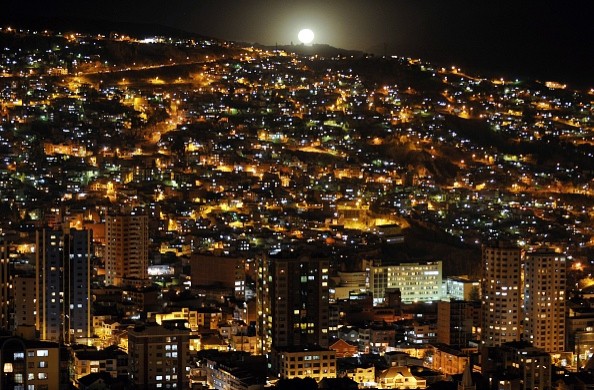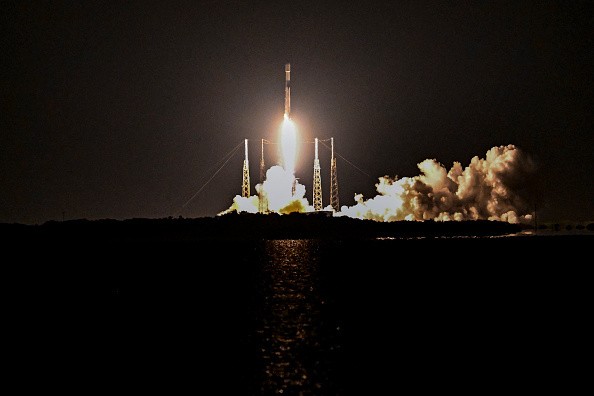Astronomers are now raising concerns regarding the light pollution impact of space debris, including artificial satellites and space junk, in astronomical observations moving forward.
It turns out that the rapid increase of artificial light in the night sky is affecting how scientists study the universe from Earth. Not to mention that the growing light pollution also affects the lives of humans and other wildlife species along the way.

Astronomers Warn Against Light Pollution Due to Space Debris
According to Interesting Engineering, a recent research focuses on the impact of space junk and artificial satellites on the night sky here on Earth.
The study, which Nature Astronomy published, says that the increasing number of artificial light in the skies at night is affecting the observatories on the ground and in space.
On top of that, light pollution greatly affects our daily lives as well. So the issue is not only a concern for scientists and astronomers. The brighter night skies also affect the health of humans, specifically their sleep.
Satellites Adding to Light Pollution
Besides the light pollution on the ground, space debris like artificial satellites is also contributing to bright night skies.
Interesting Engineering notes in its report that currently there are roughly 9,000 satellites in orbit. But in the next few years, as space exploration advances, it is about to balloon to 60,000 by 2030.

The Conversation notes that the increase in satellites is greatly attributed to space companies like Elon Musk's SpaceX. The giant tech firm is now rolling out large amounts of artificial satellites for low-latency wireless internet. And to cover most parts of the world, SpaceX has to release these satellites into space.
With more satellites, the sunlight reflects on the Earth even during nighttime. Given that, Interesting Engineering notes that SpaceX touts that the new Starlink satellites now have a dimmer light reflection. But despite that, astronomers are still saying that the reduction is still not enough.
Read Also : FCC New Rules Require Satellites To Be Deorbited Within 5 Years of Completion to Avoid Space Junk Risks
Space Junk Affecting Observations
For astronomical observations, dark skies are integral. Yet, the report published in Nature Astronomy says that light pollution is increasing these days, no thanks to growing space debris.
On top of that, the study also gives us a glimpse of the current light pollution problem. The research shows that there are almost no remote sites on our home planet that could serve as observatory locations due to the bright night skies.

ⓒ 2025 TECHTIMES.com All rights reserved. Do not reproduce without permission.




